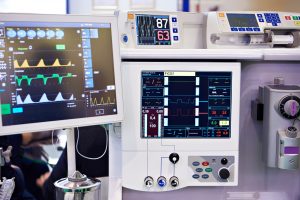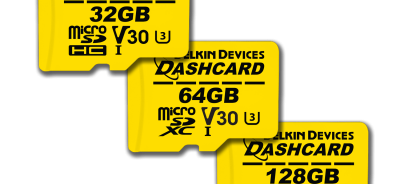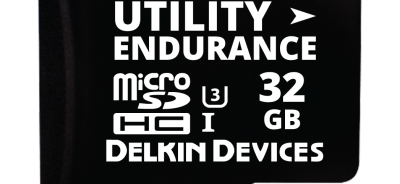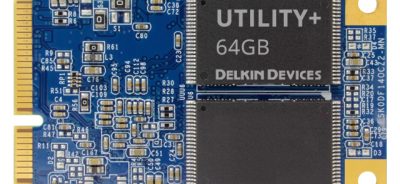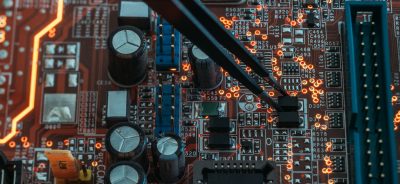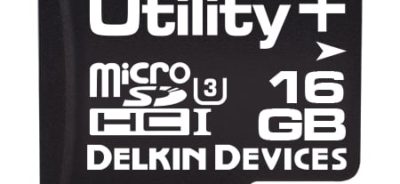Medical Devices and Industrial Flash Storage
Industrial flash memory has played an important role in advances throughout the healthcare industry. You can find flash memory at work in imaging and diagnostic tools, and increasingly, you will also find it in medical devices. Medical devices may be used by a doctor or nurse as part of a patient’s care plan. Patients may also use medical devices on their own. There is no margin for error when it comes to data storage in medical device applications. Because the stakes are high, there are very strict requirements that industrial flash storage in medical devices must meet before the devices can be approved for the market. Industrial flash storage provides the reliability required for medical device applications. With industrial flash, doctors, patients, and regulators can feel comfortable with device operations. Here is a closer look at what you need to know about medical devices and industrial flash storage.
Industrial Flash Memory Basics
Though flash memory is used in a variety of devices, it is not all created the same. Industrial flash memory has special characteristics that make it acceptable for use in medical devices. Industrial flash memory provides the highest available level of data security, which is critical for medical devices. It also tolerates extreme operating conditions, from extended temperature ranges to high levels of shock and vibration.
Industrial flash memory is designed with single-level cell, or SLC, flash memory. This type of flash memory stores one bit of data per cell. This design allows for the fastest operating speeds and the lowest possible risk of data loss during program cycles. Additionally, industrial flash memory also typically has low power consumption, which can be helpful for medical devices.
Special Requirements for Industrial Flash in Medical Devices
The speed and reliability of industrial flash memory are essential features for medical devices. However, industrial storage in healthcare applications has other requirements as well. One of the most important needs is for flash memory used in medical devices to have a locked BOM and life cycle management. A locked BOM, or bill of materials, means that none of the critical components of the flash, including the controller, will be changed without advanced notification and a new product number. Changing components in the flash memory without warning could lead to device failures, which can be dangerous in the case of any healthcare device application.
With life cycle management, the supplier will ensure that users have assistance in preparing for new flash storage when it is necessary to make changes and issue a new product number. At Delkin, we provide a long lead time for this kind of change. In addition, we are always available to help clients as they select and test new storage solutions. This process helps to prevent the kinds of surprise failures that can cause dangerous disruptions for medical devices.
Delkin is experienced in working with companies throughout the healthcare industry to provide reliable industrial flash memory solutions. We offer a range of customizations, including customized testing. Talk to our team today to find out how we can help you find embedded storage solutions for your medical devices.
ORDER DELKIN INDUSTRIAL FLASH STORAGE TODAY through our distribution partner Newark.
For Europe Contact Our Partner Farnell
 Login
Login Register
Register


